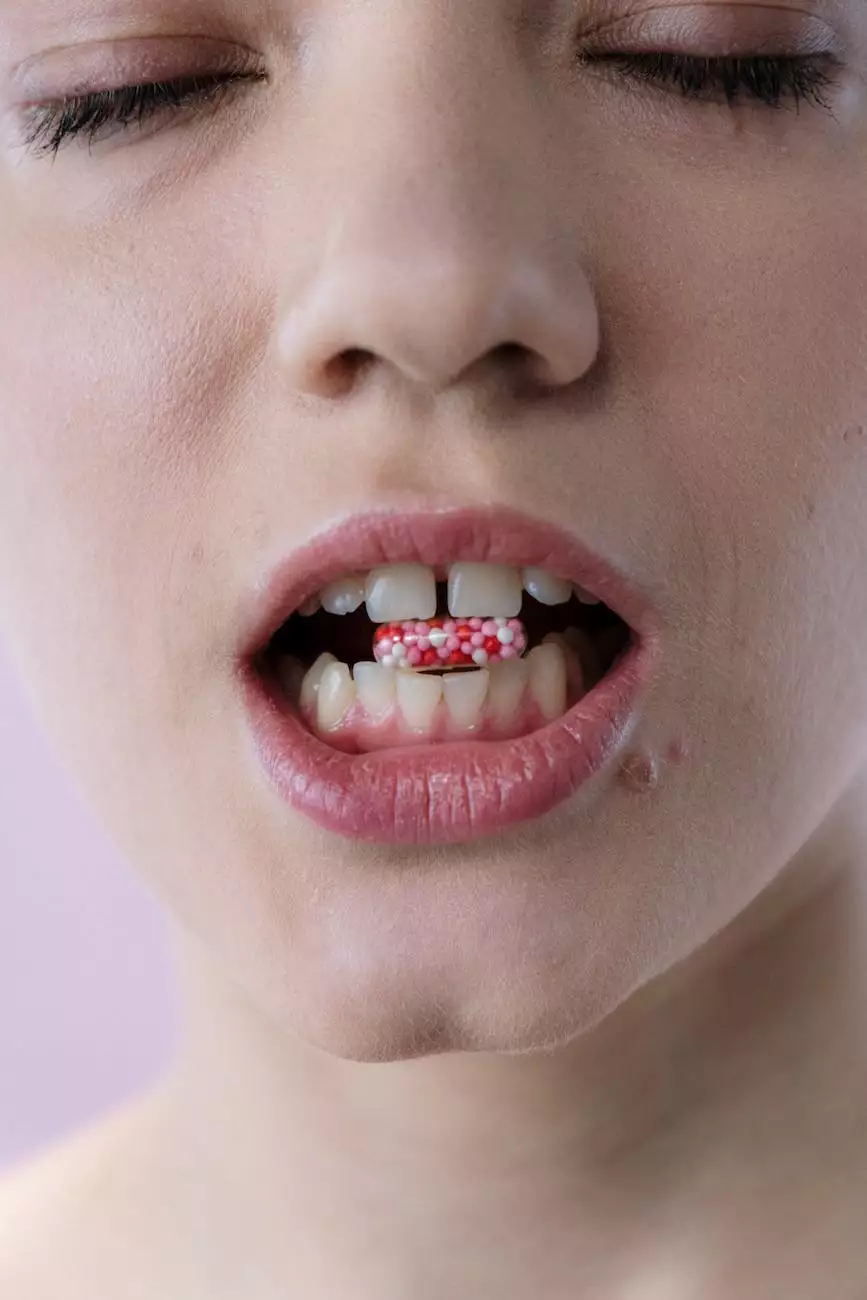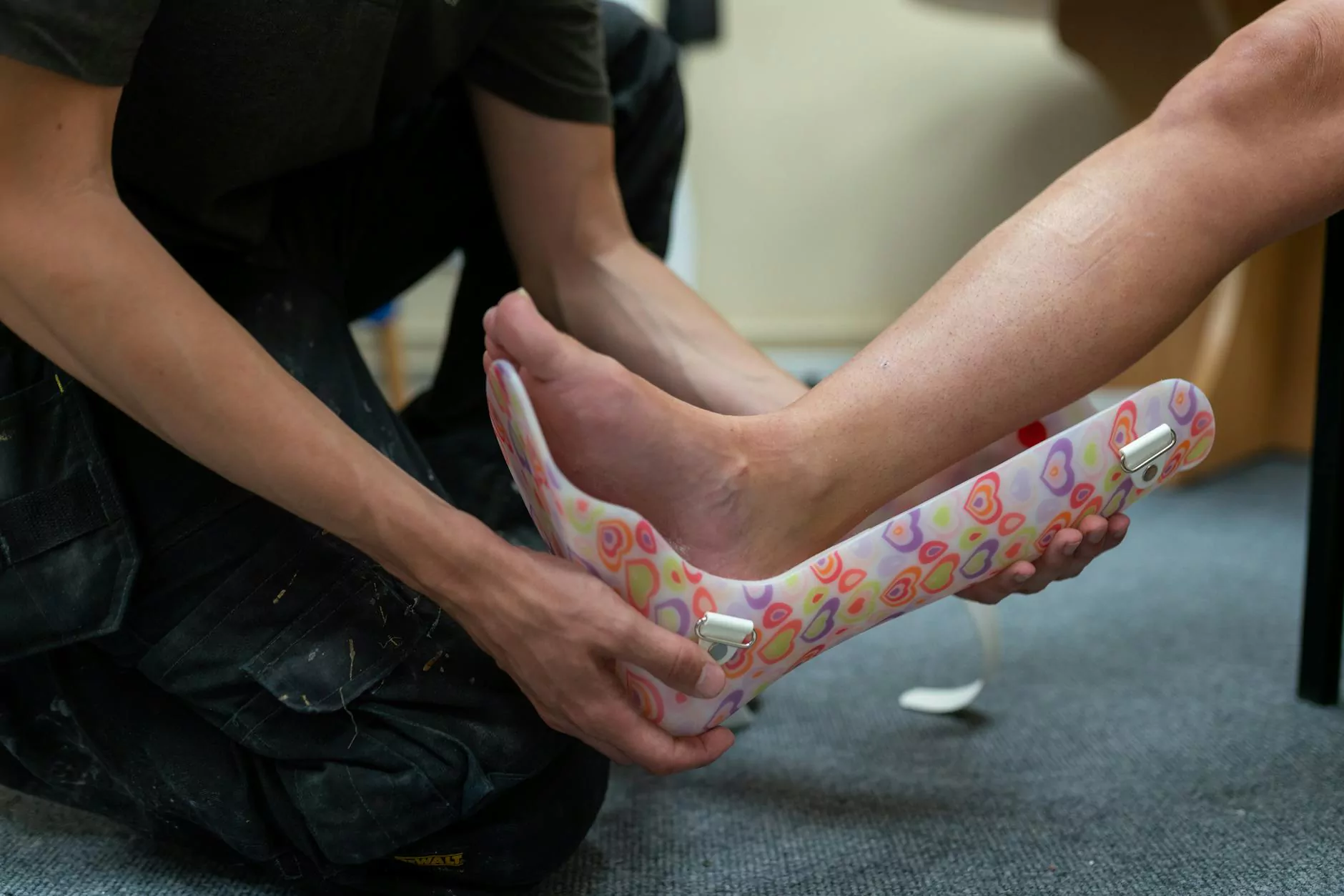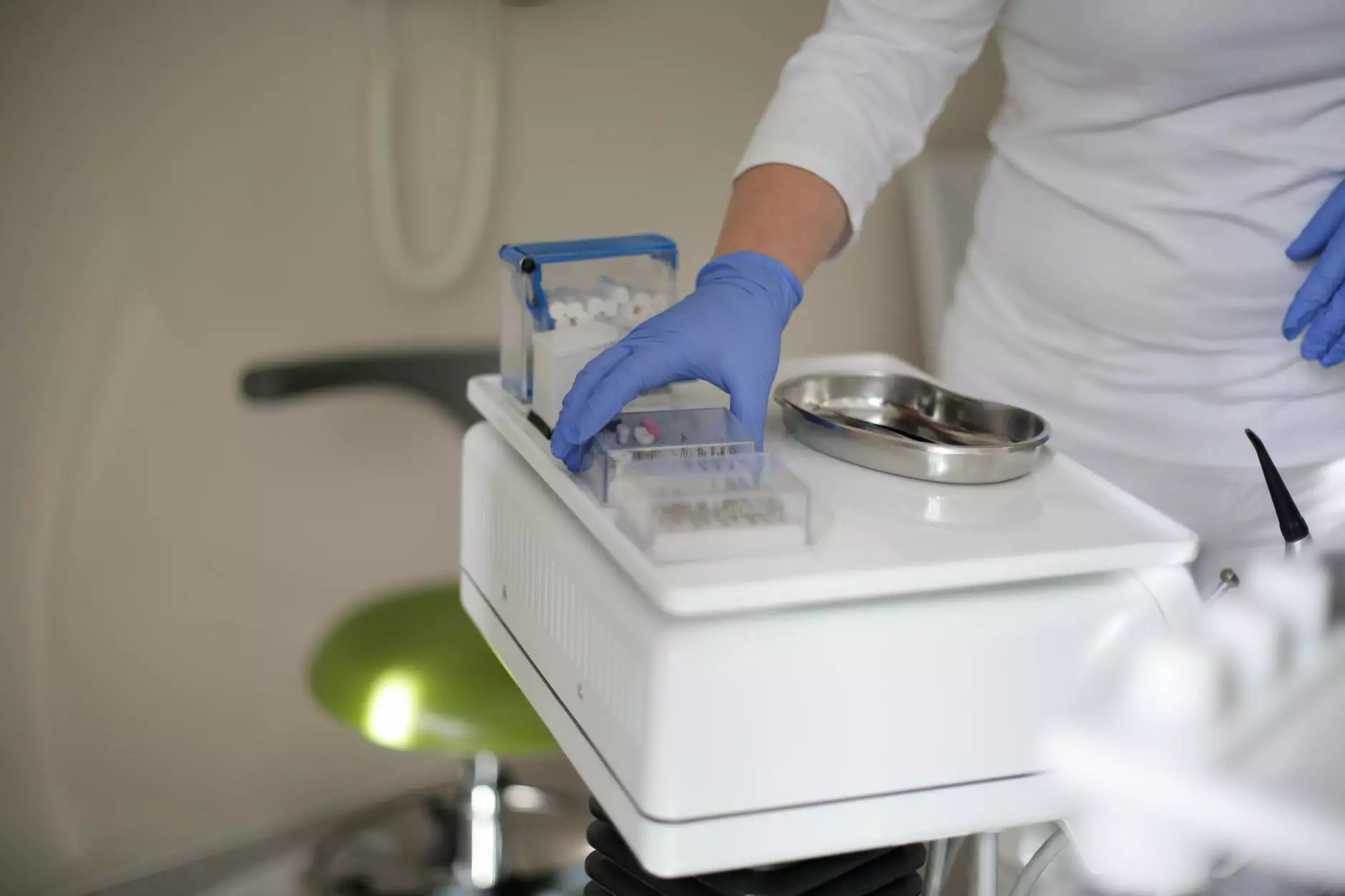Tooth Sensitivity

Welcome to Lawrence Dentistry, your trusted source for comprehensive dental services in the health category. Our team of experienced dentists understands the discomfort and inconvenience associated with tooth sensitivity. In this informative page, we will delve into the causes, symptoms, and effective treatments for tooth sensitivity, providing you with the knowledge and solutions you need to alleviate your discomfort.
Understanding Tooth Sensitivity
Tooth sensitivity refers to the pain or discomfort experienced when consuming hot, cold, sweet, or acidic foods and drinks. It occurs when the protective layer of your teeth, called enamel, wears down, exposing the underlying layer called dentin. Dentin contains tiny tubules that connect to the nerves in your teeth, making them more sensitive to external stimuli.
Causes of Tooth Sensitivity
There are several factors that can contribute to tooth sensitivity. These include:
- Brushing too hard, leading to enamel erosion
- Periodontal disease or receding gums
- Dental caries or cavities
- Cracked or chipped teeth
Common Symptoms
Individuals with tooth sensitivity may experience one or more of the following symptoms:
- Sharp, sudden pain when consuming hot or cold food/drinks
- Discomfort while brushing or flossing
- Increase in sensitivity over time
- Painful response to air or touch
Treatment Options
1. Desensitizing Toothpaste
Desensitizing toothpaste contains compounds that help block sensations from reaching the nerves in your teeth. Regular use of desensitizing toothpaste can provide relief and reduce tooth sensitivity over time.
2. Fluoride Treatment
Fluoride treatments can strengthen your tooth enamel, reducing sensitivity and protecting against future tooth decay. Our experienced dentists can provide professional fluoride treatments to address your specific needs.
3. Dental Bonding
If tooth sensitivity is caused by exposed dentin due to receding gums or enamel erosion, dental bonding may be recommended. This procedure involves applying a tooth-colored resin to the affected area, sealing the tubules and reducing sensitivity.
4. Dental Fillings / Inlays / Onlays
For individuals with tooth sensitivity caused by cavities or cracked teeth, dental fillings, inlays, or onlays are effective treatment options. These restorative procedures involve removing the decayed portion of the tooth and replacing it with a durable material, protecting the exposed dentin and reducing sensitivity.
5. Dental Sealants
In some cases, tooth sensitivity can be prevented or minimized through the application of dental sealants. Dental sealants are thin protective coatings applied to the chewing surfaces of your back teeth, creating a barrier against plaque and bacteria.
Prevention Tips
1. Maintain Good Oral Hygiene
Brush your teeth twice a day using a soft-bristled toothbrush and fluoridated toothpaste. Floss daily and visit our dental clinic regularly for professional cleanings.
2. Use a Gentle Brushing Technique
Avoid brushing your teeth too hard, as it can contribute to enamel erosion and tooth sensitivity. Use gentle circular motions and a soft-bristled toothbrush to clean your teeth effectively.
3. Limit Acidic and Sugary Foods
Acidic and sugary foods can erode enamel over time. Limit your consumption of these foods and rinse your mouth with water after eating or drinking them.
4. Wear a Nightguard
Grinding your teeth during sleep can lead to enamel erosion and tooth sensitivity. If you have a teeth grinding habit, our dentists can provide you with a custom-fitted nightguard to protect your teeth while you sleep.
Contact Lawrence Dentistry for Tooth Sensitivity Relief
If you are experiencing tooth sensitivity, our skilled dentists at Lawrence Dentistry are here to help. We provide individualized dental treatment plans to address your unique needs and provide lasting relief. Contact us today to schedule a consultation and take the first step towards a pain-free smile.
© 2022 Lawrence Dentistry - All Rights Reserved










